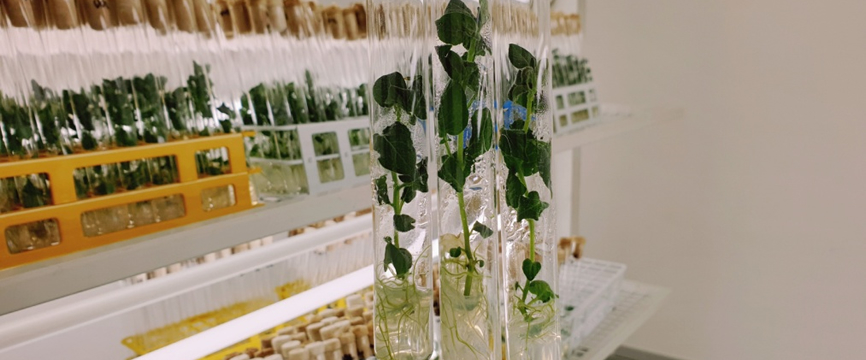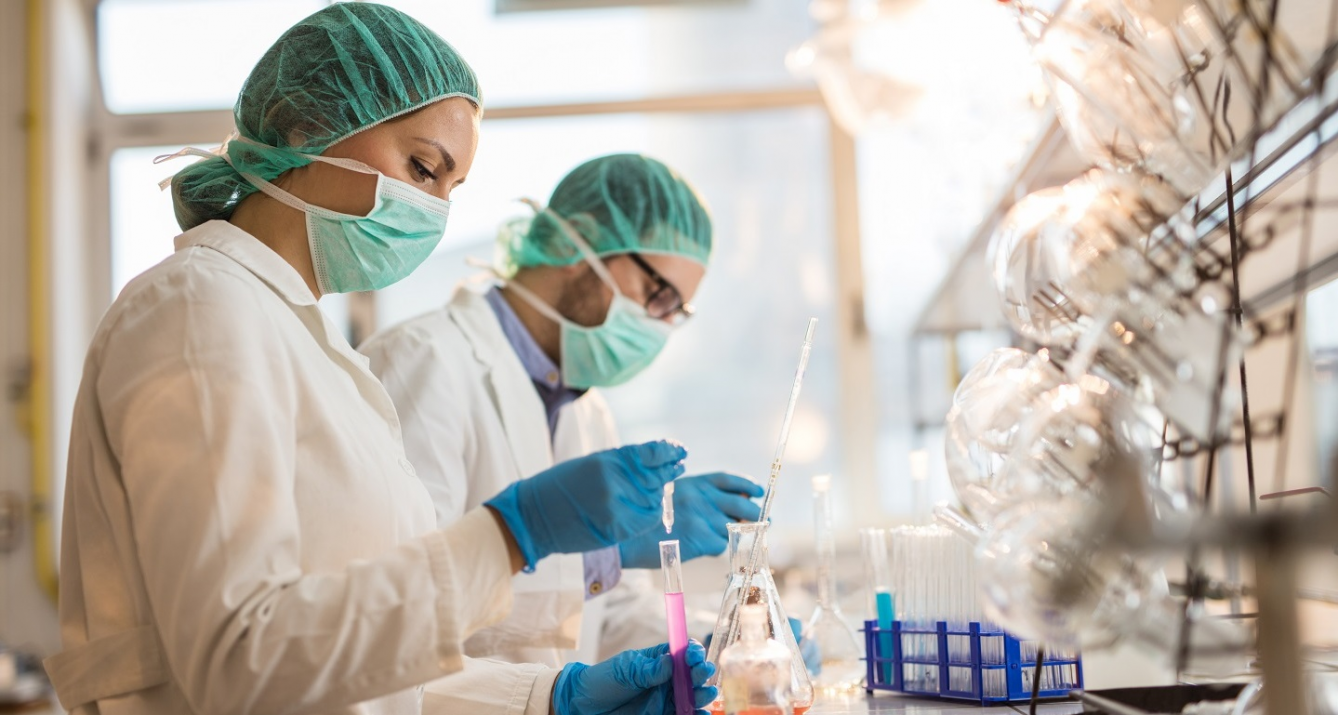
Basic data
Field of Operation
Place of implementation
Description
The main objective of the National Laboratory is to give scientifically based responses to complex challenges emerging in agriculture. Several hundreds of the research community of participating institutions with decades of accumulated expertise and unique infrastructure supply basis for achieving their goals. The project integrates the main components of the agroecosystem and the micro-plant-animal triangle assigning food security of „One Health View” set up by WHO as a common goal. The National Laboratory is actively involved in national higher education, the training of future generations of scientists and knowledge transfer.Main research areas:
-
Characterization of mycorrhiza-plant symbioses and their application to improve crop yields
-
Investigating the substitution of antibiotic use, the spread of resistance and understanding possible resistance mechanisms
-
Characterization of mycotoxins and reduction of feed-derived exposure
-
Molecular mechanisms of resistance to the Ralstonia pathogen in potato
-
A novel precision breeding tool and its application to produce disease-resistant small grains
-
Development of innovative genome editing and breeding technologies for the improvement of drought adaptation of maize
-
Development of an efficient and safe genome editing technology in mammals and birds
-
Establishment of cell cultures suitable for in vitro monitoring of the combined effect of toxins
Benefits to be expected from Laboratory research
- The results of the National Laboratory will be applied in almost every aspect of agriculture, including animal husbandry, crop production, food industry and animal health, enabling the improvement of food safety as well as production security and efficiency.
- The results will be released in the form of scientific publications, databases, patents and plant variety property rights.
- Training of manpower directly, training of young researchers and involving them in the implementation of the project, research results should bear benefits for the future as well.
Consortium leader:
HUN-REN Centre for Agricultural Research
Consortium partners:
- HUN-REN Biological Research Centre, Szeged
- Hungarian University of Agriculture and Life Sciences
Utolsó módosítás: 18 June 2024
Related news
News and Press

News
A hazai kutatók nemzetközi beágyazottságát, kutatás-fejlesztési együttműködéseit nagymértékben elősegíti aktív kapcsolatuk a világ legjelentősebb kutatási infrastruktúráival (KI) és bekapcsolódásuk az ott folyó élvonalbeli kutatásokba. A legkorszerűbb KI-k olyan nagy költségű berendezések, létesítmények vagy adatbankok, amelyek építése, fejlesztése és működtetése meghaladja egy-egy ország gazdasági teljesítőképességét, így nemzetközi együttműködésben valósulnak meg.
18 02 2022

News
Budapest, Saturday, 9 April 2022 (MTI) - According to recent government decisions, a total of ten billion forints will be used in world-class research and development projects and the Cooperative Doctoral Programme, the Ministry for Innovation and Technology (ITM) told MTI on Saturday.
09 04 2022

News
Vice President Katalin Sebők spoke about the functioning, benefits and role of Regional Innovation Platforms in building the innovation ecosystem at the event showcasing university technologies.
28 03 2022




 ENG
ENG

 Back
Back




